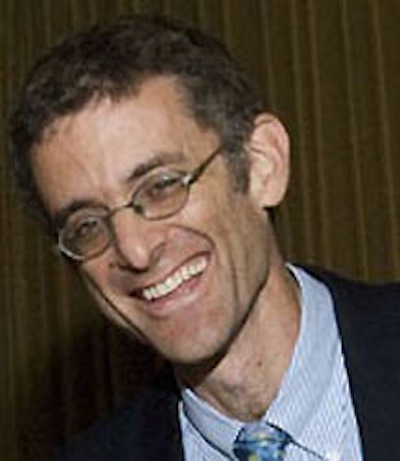NYU professor admits colleges need to have more conservative professors

Bill O’Reilly is right. As a devout Democrat and a frequent O’Reilly critic, I never imagined I’d write that sentence. But last week, the conservative Fox news talk-show host said something that makes real sense to me: Universities should institute affirmative action for conservative professors, so all the professors don’t think the way I do.
No, we’re not the wild-eyed Marxists that Mr. O’Reilly and other right-wing pundits sometimes make us out to be. But we are overwhelmingly liberal, as the recent national elections confirmed. At the eight Ivy League schools, for example, a whopping 96 percent of faculty and staff who made campaign donations gave to President Obama’s re-election bid.
At Columbia University, 650 employees wrote checks for the Obama campaign, while only 21 made donations to Mitt Romney. And at Brown, 129 faculty members gave to Mr. Obama, and just one staff member – that’s right, a single individual – donated to Mr. Romney.